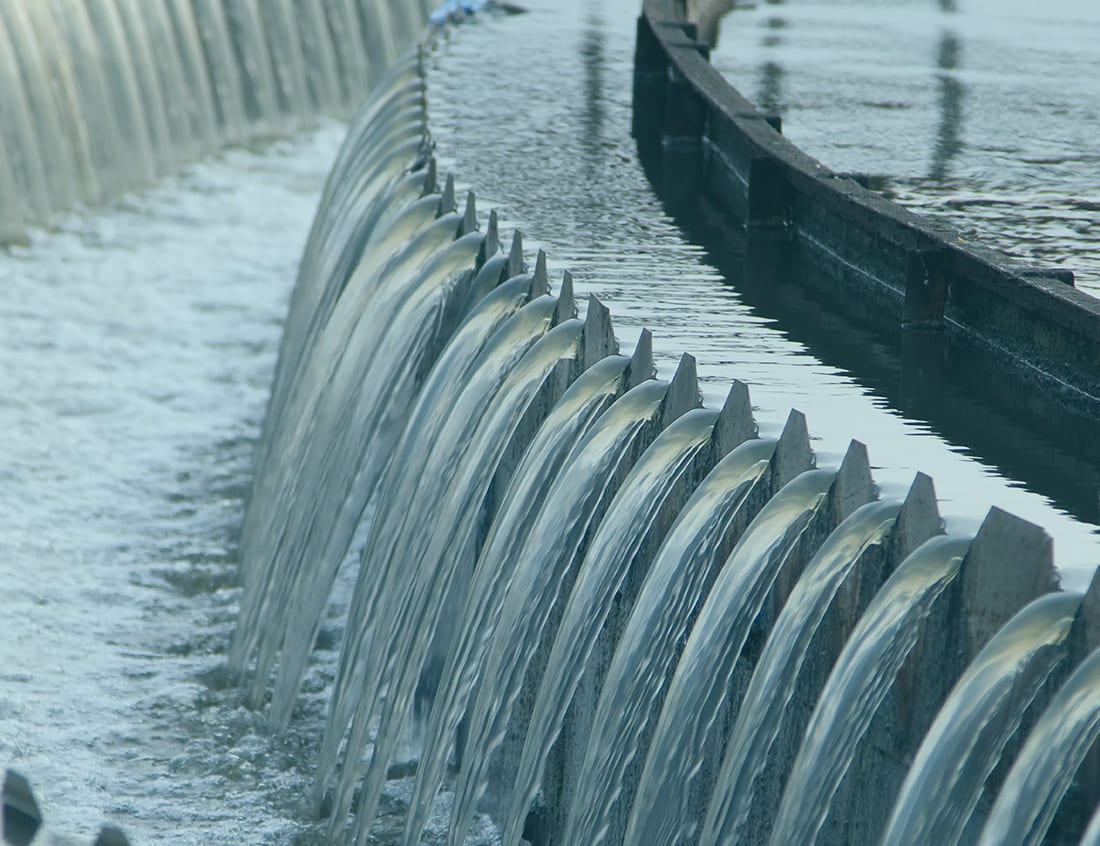Guarding the Gate: Wastewater Pretreatment Explained
Why Pretreatment Matters
What is wastewater pretreatment?
Wastewater pretreatment is a crucial step that industries take to remove harmful pollutants from their wastewater before it reaches municipal treatment plants.
Why is pretreatment necessary?
Municipal facilities are designed for domestic waste, but industrial wastewater often contains heavy metals, toxic chemicals, and high oil and grease content. Pretreatment safeguards public health, the environment, and treatment plant efficiency.
The Pretreatment Toolbox
What processes are used in pretreatment?
Various methods are employed, including sedimentation, flotation, neutralization, chemical precipitation, and biological treatment, depending on specific contaminants.
A variety of physical, chemical, and biological processes are employed in pretreatment, depending on the specific contaminants:
- Sedimentation and flotation: Removing larger solids by letting them settle or rise to the surface.
- Neutralization: Adjusting the pH level to make it less corrosive and suitable for further treatment.
- Chemical precipitation: Adding chemicals to remove dissolved metals or other pollutants by forming insoluble solids that can be filtered out.
- Biological treatment: Using microorganisms to break down organic matter, similar to but on a smaller scale than in municipal plants.
More Than Just Cleaning Up
Pretreatment isn’t just about environmental protection; it can also benefit businesses:
- Reduced discharge fees: Many municipalities charge higher fees for untreated or poorly treated wastewater.
- Compliance with regulations: Pretreatment ensures compliance with local and federal environmental laws, avoiding costly fines and penalties.
- Resource recovery: Some pretreatment processes can recover valuable materials like metals or water for reuse, reducing waste and costs.
How does neutralization work in pretreatment?
Neutralization adjusts pH levels, making wastewater less corrosive and suitable for further treatment.
Can pretreatment recover resources?
Absolutely! Some processes recover valuable materials like metals or water for reuse, reducing waste and costs.
How does pretreatment benefit businesses?
Businesses benefit from reduced discharge fees, compliance with regulations, and resource recovery, avoiding fines and penalties.
Investing in the Future
Why is continuous innovation crucial in pretreatment?
As industries evolve, continuous innovation and technological advancements are crucial to keeping wastewater pretreatment effective against emerging pollutants.
How can individuals support effective pretreatment?
Understanding the importance of pretreatment and supporting its effective implementation ensures cleaner water for communities and healthier ecosystems.
By grasping the significance of wastewater pretreatment and advocating for its implementation, we collectively contribute to safeguarding water resources and maintaining the efficiency of municipal treatment plants. Let’s work together for cleaner water and healthier ecosystems.
About The Author
Nick Piskura is the Marketing and Web Development Specialist at ChemREADY who utilizes expertise in digital marketing strategies to provide knowledgeable insights in each segment of our business. Nick provides insights through web development and multimedia resources that support ChemREADY’s full range of services, including Legionella management, ANSI/AAMI ST108 compliance, boiler and cooling tower treatment, wastewater processing, and industrial water quality solutions.

